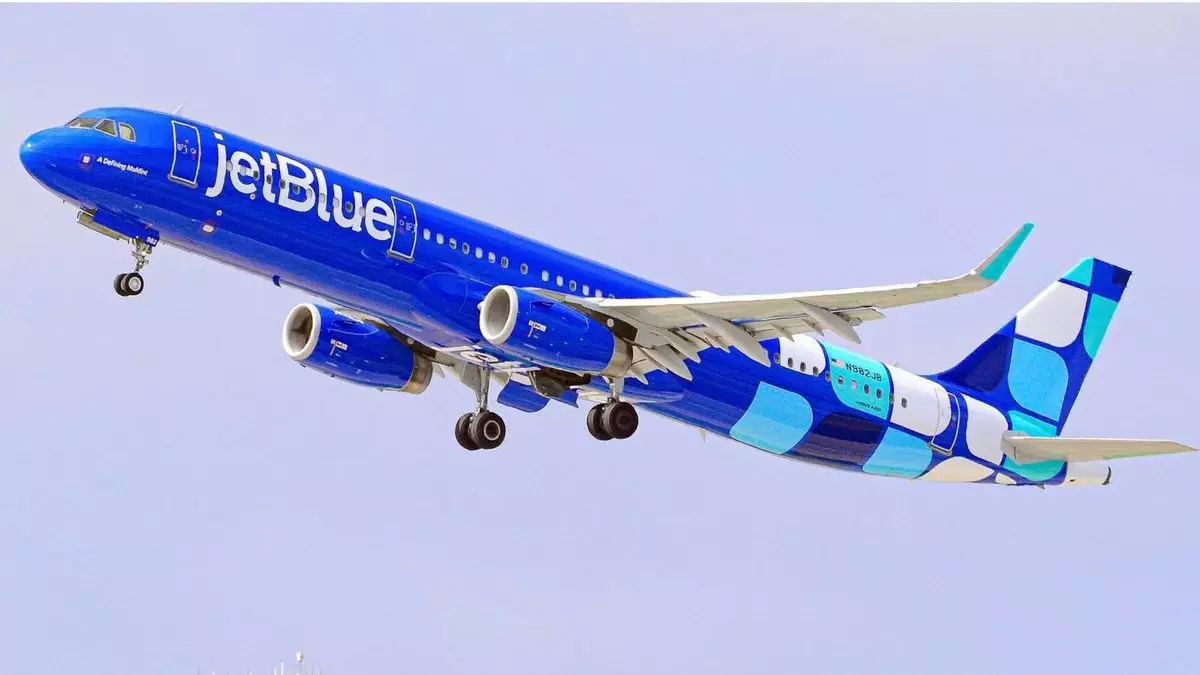JetBlue made a strategic decision to defer deliveries of 44 Airbus A321 aircraft until 2030 and beyond, a move aimed at solidifying the airline’s balance sheet and improving cash flow. These aircraft, originally scheduled for delivery between 2025 and 2029, will now be delayed, impacting JetBlue’s transatlantic growth plans. The deferral includes 13 A321XLR planes, which were intended for expanding JetBlue’s services in Europe.
JetBlue currently operates 11 transatlantic routes from New York JFK and Boston to various European destinations. CEO Joanna Geraghty emphasized the importance of European flying as a crucial part of JetBlue’s network and revenue stream. Despite the deferral of the A321XLR aircraft, Geraghty reassured that this move is not a retreat but a strategy to ensure profitability in the long run.
The aircraft deferrals will result in a significant reduction in JetBlue’s capital expenditures, saving the airline approximately $3 billion over the next decade. With only 11 more A321 deliveries expected in the coming years, JetBlue is revising its fleet expansion plans to align with current market conditions and operational challenges.
JetBlue has faced operational challenges related to mandated engine inspections and reliability issues, particularly with Pratt & Whitney GTF engines. As a result, purchasing additional A321 aircraft has been deemed an inefficient use of capital at this time. The airline has focused on extending and acquiring short-term leases for existing A320 aircraft to meet capacity requirements.
To offset the impact of aircraft deferrals and operational challenges, JetBlue has introduced the JetForward initiative, aimed at generating $800-$900 million in additional earnings by 2027. The airline has already implemented various measures, including route exits, destination changes, and commercial enhancements to improve profitability. Investments in operational reliability have also contributed to a notable improvement in JetBlue’s on-time performance.
Despite the challenges faced by the aviation industry, JetBlue reported a net income of $25 million in the second quarter, surpassing analyst expectations. The airline’s stock price surged following the earnings announcement, indicating investor confidence in JetBlue’s strategic decisions and financial prospects. JetBlue aims to break even by 2025 and continue its trajectory towards sustainable growth and profitability in the long term.

